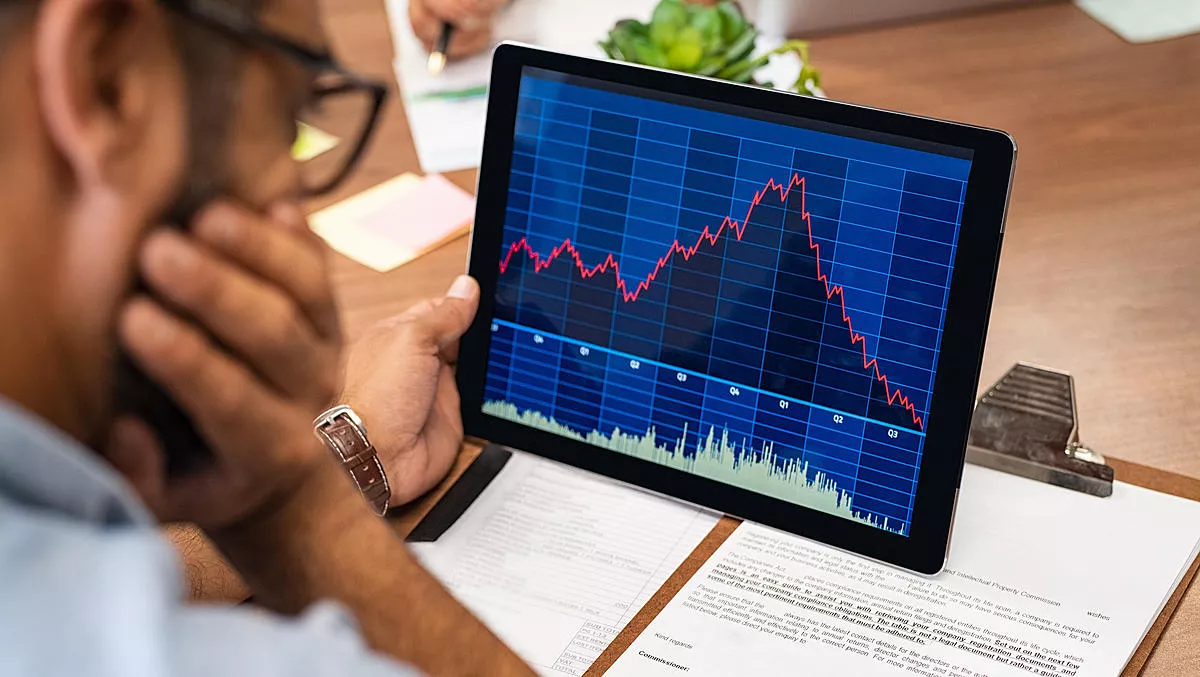
Secure hardware market hard hit by COVID-19
New research has revealed that secure hardware technology markets will be negatively impacted by COVID-19.
ABI Research finds that two areas in particular, Trusted Platform Modules (TPM) and Trusted Execution Environments (TEE) will be hard hit.
The firm projects that 2020 shipments of TPMs are forecasted to decline year-over-year more than 17% from 2019, whereas pre-COVID-19 forecasts called for growth of nearly 12%.
Shipments of TEEs will remain flat in 2020, below the pre-COVID-19 growth of 22% originally forecasted. For TPMs, the slowdown in personal computer (PC) demand is a key reason shipments have and will continue to slow.
Expectations are significantly lowered for the entirety of 2020, despite a small rise in the sale of home office equipment.
Furthermore, demand for on-premise IT equipment such as servers and PCs has lowered and this will also have a critical impact on TPM sales.
The forecasted year-over-year shipments between 2019 and 2020 are set to decline by 17.9% as a result.
While the rise of cloud demand may offset some loss, it will be Hardware Security Module (HSM) vendors that will profit the most, according to ABI research director Michela Menting.
TEEs better, albeit slightly, with the forecast for growth in shipments flat year-over-year between 2019 and 2020 rather than in the decline.
The market is hardest hit by the fall in the production of smartphones, but also by the recent burgeoning demand from the automotive sector, which has all but come to a standstill for TEE.
However, Menting states that a few opportunities for leveraging TEE have emerged with COVID-19, for instance within the medical space.
Telemedicine use cases are evolving rapidly, and the demand for secure connected medical devices and mobile applications will look to secure hardware technologies for ensuring the highest levels of trust, ABI Research finds.
Menting says, "The technologies are dependent on the dynamics in their primary markets, many of which have been hit hard by the pandemic.
"Both manufacturing disruptions and the forthcoming economic recession will mean markets such as personal computers and related accessories, smartphones, 5G equipment, and automotive, are going to be adversely affected, with lowering global demand. This will have a knock-on effect for those secondary components markets, such as secure hardware.
In the longer term, ABI Research highlights that both technology areas will be able to recover successfully.
Menting says, "The lockdown has shown the importance of secure remote access to technologies and applications, not just for standard Information and Communications Technologies (ICTs) but also for many other IoT applications, from smart home to smart cities and smart offices.
"As a result, IoT device lifecycle management is likely to see a significant boost in terms of demand, with embedded security as the foundation for digital authentication, where technologies such as TEE and TPM as ideal candidates for kickstarting trusted remote business models.
These findings are from ABI Research's application analysis report 'Assessing the Impact of COVID-19 on the Embedded Security Market'.
The report is part of the company's Digital Security research service, which includes research, data, and ABI Insights.
It is based on primary interviews and seeks to present in-depth analysis on key market trends and factors for a specific application, which could focus on an individual market or geography.


